If you’re new to my site – welcome – you’re probably not used to hearing from dietitians being against dieting, right?
But as an Intuitive Eating dietitian, I am here to share an important message: there are concrete disadvantages to dieting. This post is all about those negatives as well as your path to freedom!
And gorgeous, you’re worth a life without diets, food rules, and stress about eating. Let me roll out the welcome mat to joyful eating as we kick dieting to the curb, once and for all.
Grab a fork: we’re diving in.
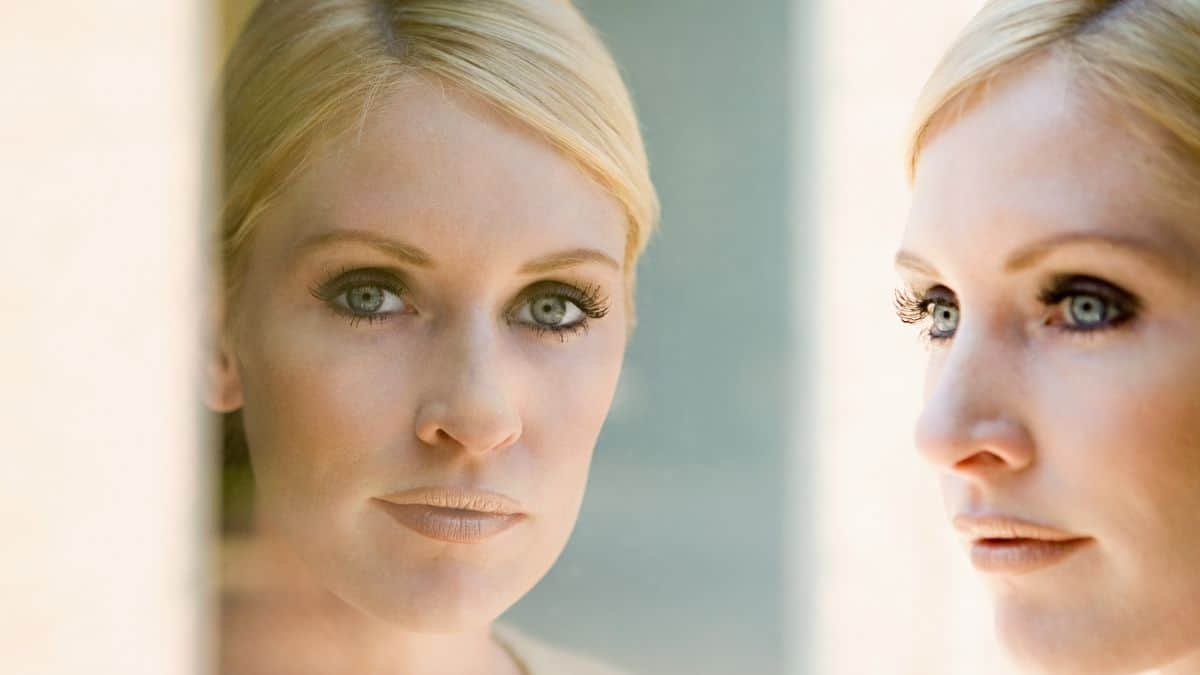
How do you define a diet?
Getting our vocab defined is important to ensure that you and I are all on the same page. How do I define a diet? I would include any eating situation in which you’re making choices to control your body size, such as counting calories or points to decide on how much you’re eating instead of thinking about your internal hunger and fullness cues, what your body is asking for, and so on.
(Psst…it is hard for a lot of us to listen to our hunger cues. I sure struggled with stopping when full before becoming an Intuitive Eater! If this is something that you struggle with, please take a peek at my blog post: How To Stop Eating When Full & Satisfied.)
Dieting also includes labeling foods as ‘good’ and ‘bad’ and labeling your own worth based on your food choices (i.e., “I was bad today because I ate four cookies”) or by your weight or behavior (i.e., “I need to burn off this pizza or today is a waste”).
The opposite of dieting is Intuitive Eating. In this realm, food is just food. So whether a honey crisp apple or some ice cream sounds better as an afternoon snack, both are valid. You’re still a good human, worthy of love, respect, and affection no matter which food choices you make.
Next stop: let’s tackle those disadvantages.
What are the disadvantages of dieting?
Now that we know what a diet can look like, what gives?
Our social media, fashion magazines, and many physicians are all saying that we need to be thinner in order to be healthier, happier, and living our dream lives…who are you to even say that there is even a disadvantage of dieting, at all?
I know that going against diet culture can feel strange and even weird. But the truth is that the research shows clear and distinct dangers of being on fat diets. I’m here to spread the word and protect you from the false claims and false hopes of diets.
Some of the biggest disadvantages to dieting have to do with the consequences of rapid weight loss. Let’s explore those now.
What are the disadvantages of losing weight quickly?
“Lose ten pounds in a week.”
“Get picture-perfect for vacation.”
Fast weight loss is problematic…even dangerous. Let’s explore.
Long-term weight gain
Here’s the biggest disadvantage of dieting. For the vast majority of people who lost weight, they’ll regain it. Just about any diet can be sustained in the short term. But eventually, the inconveniences, the anxiety around food and eating and the impact on daily living take a toll, and folks give up.
This is NOT you failing a diet, it is diet culture failing you, BTW.
Dieting has other metabolic consequences, which lead to weight regain, too. Beyond the impact of losing weight (and then regaining it), let’s talk about what it means to mess with your metabolism.
Slowed metabolism
What is your metabolism, exactly? You can think about your metabolism as your engine burning fuel.
All of the processes of getting energy from food, building muscle, building the soldiers of your immune system (hey there, white blood cells), doling out the energy to get through the day, and repairing and restoring your digestive tract at night – all of these things together are your metabolism.
The more muscle mass you have, the higher your metabolism revs up and burns through fuel.
Your body does a really good job of keeping yourself alive. When food is scarce, your body slows down your metabolism –- your calorie-burning engine – in order to conserve fuel. This would be helpful if you were actually in a famine, but not so much if you’re inflicting scarcity on yourself via a diet.
You can think about this like your bank account. Things feel really affordable on payday. But the more days that pass and the more bills that get paid, the fewer dollars you have in your account. You really squeeze those dollars to make them last until the next payday. Bring on the PB&J!
The good news is that your metabolism is not set in stone. While dieting can squelch your metabolism, you can rev it back up again with the right strategies. I’ve got those covered, here: 3 Steps To Fix A Damaged Metabolism.
On a related note, one of the reasons that your metabolism slows down with dieting is because of loss of muscle. Let’s explore that a bit more.

Muscle loss
You wouldn’t be alone if you were to assume that all pounds lost when you weigh yourself would be fat tissue lost.
Sorry charlie: that ain’t always the case.
Short term, you can have a change in weight due to loss of glycogen, which is stored carbohydrate in your muscles. Glycogen is “packaged” in water inside your muscles, so as your body uses glycogen for energy, you also lose the relatively heavy water packaging. This is what most folks mean by “losing water weight.” This change on the scale is of little bearing on your actual weight because it is temporary.
As soon as you eat carbohydrates again and have a glass of water, your body is going to save some for later and rebuild the glycogen stores. And guess what? That number on the scale is going to change back. (Psst…we need glycogen…it is how we fuel our muscles between meals).
Another body change that can happen while dieting longer term is losing muscle. If your body is under-fueled, it can break down your muscle tissue to be able to provide the building blocks and energy that it needs to get through the day.
And if you think about it like that – your body breaking down as a survival mechanism – wouldn’t it be better to just have the turkey sandwich?
If you’d like to dive a little deeper into body composition, please check out this post: Weight Loss VS Fat Loss: Why BOTH May Be Unhealthy. For example, did you know that there are three different kinds of body fat? Really cool!
Other Biological Changes
Honestly, we could be here for a while if we hit on ALL of the ways our bodies reject the idea of dieting but here are a few more to add to your list that I chatted about recently in an Instagram post:
- More fat retention
- A changed body shape (more abdominal fat storage)
- Loss of hunger, fullness & satiety cues (don’t know when to stop eating!)
- A neurochemical drive to eat food (specifically carbs via the increased activity of the neurochemical Neuropeptide Y)
- Increased premature morbidity (i.e. death… that got dark reaaaal fast…)
And finally, let’s not forget our mental health. It is also (negatively) impacted by chronic dieting.
Psychological Impacts
What is it really like to have food rules and food restrictions, for your brain? Think about when you were a kid and your parents told you that you can’t have any cookies…. What did you suddenly want more than anything in the whole entire world? Cookies! And you’re probably going to want to inhale the whole box!
By making foods off-limits, they become insanely more alluring. The more rules you’re trying to keep, the more you can spiral into food obsession. For more on this, The Real Reason You’re Obsessed With Food [& How To Stop!] goes a bit further into detail.
Additionally, not having enough fuel can make it much harder for you to focus on your usual tasks, soak up a lot of your mental energy with tallying points, servings or calories and make it harder to enjoy social occasions. What is the point of even going to the family cookout if you’re going to be worried about the food the whole time?
Oof, it’s exhausting.
Maybe you’re reading this and nodding along, wondering if I’ve been spying on your life (I haven’t, I have just been there myself). But what if you’re reading this and thinking…Colleen, I’m not on a diet right now. What gives?
What if I’m not dieting right now?
You may not be. And if that is true for you – hoorah, gorgeous! Live a life unburdened by food anxiety and rules.
And if you’re not totally sure? It is quite possible that you do have food rules, even if you’re not naming them after a popular diet such as the Thermo Diet or WFPB Diet. You might be a pseudo-dieter, actually. Here’s How To Know If You’re A Pseudo-Dieter.
A couple quick questions you can ask yourself to know if you’re still in the dieting mindset is: “Do I feel guilt, stress or anxiety when I eat any foods?” (if yes, you’ve got some lingering dieting) and “Do I eat in a way that feels good mentally and physically?” (if no- like maybe you eat way past fullness or don’t honor your hunger- you’ve also probs got a lingering dieting mindset going on)
Having a diet mentality without a named specific diet is more common than you’d guess. Diet culture is so ingrained in our everyday lives. For more info, check out my post: How To Identify & Break Food Rules.
So I’ve shared three main reasons why I don’t recommend dieting – it’s harmful. If you’d like to read even more, I’ve got 12 Reasons NOT To Diet covered in another blog post.
What can I expect without diets?
If you do think that you’re dieting, but would really like to stop, I am here to support you. I know from personal experience that this can feel really unsettling – what does it even mean to eat normally again?
I always think that hard situations feel just a little bit less hard when you know what you might expect. Unsettling surprises on top of hard work are a lot worse, amiright? Here is What To Expect When You Stop Dieting.
If you’ve read this far, I think I’ve gotten your attention that dieting is not serving your best life. Let’s cover how to actually stop dieting.

How To Stop Dieting
Unlearning dieting – something that is woven throughout our daily lives – takes work, practice, and steps forward as well as getting through steps back. I won’t pretend that this is always going to be easy or fun, but I can promise that food freedom feels really good.
Well-meaning friends and family might suggest that you “just stop dieting,” but that isn’t actually helpful advice. What does that mean?
For me, when I was letting go of dieting and binge eating, I had to work through three steps.
Step 1: Eat enough food: Signs of Hunger: Your Body Wants Your Attention
Step 2: Break your food rules: How To Identify & Break Food Rules
Step 3: Focus on body neutrality: How To Overcome Negative Body Image
Those are the exact first 3 stages of what I teach in The SociEATy. I created a 5-step roadmap that I teach to help you find food freedom and eat intuitively based on literally YEARS of trial and error on myself. Now, this same process, (perfected in these 5 stages), helps thousands.
The last two stages are incorporating something called “gentle nutrition” because YES nutrition DOES matter, I am a dietitian after all, it is just that we can’t approach nutrition in a way that is obsessive or all-consuming…it WILL backfire.
And then stage 5 is how to find food freedom for life and foster total health and wellness. Once you find food freedom you want to KEEP it, right? Stage 5 is kind of like “maintenance mode.”
Key takeaways: Disadvantages of dieting
The goal is to find a life that is free of food rules and regulations. A great place to get started is this post: How To Find Freedom From Food (In 5 Steps!).
And if you’re ready to ditch fad diets that don’t work and join a supportive group, I invite you to check out The SociEATy intuitive eating membership, your community to learn to eat intuitively and ditch diets – and their consequences – for good.
Other Posts You Might Like
XOXO
-Colleen


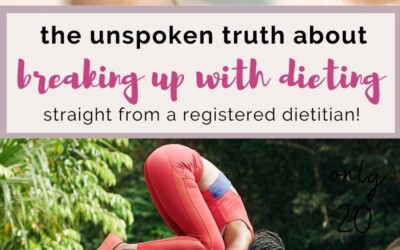
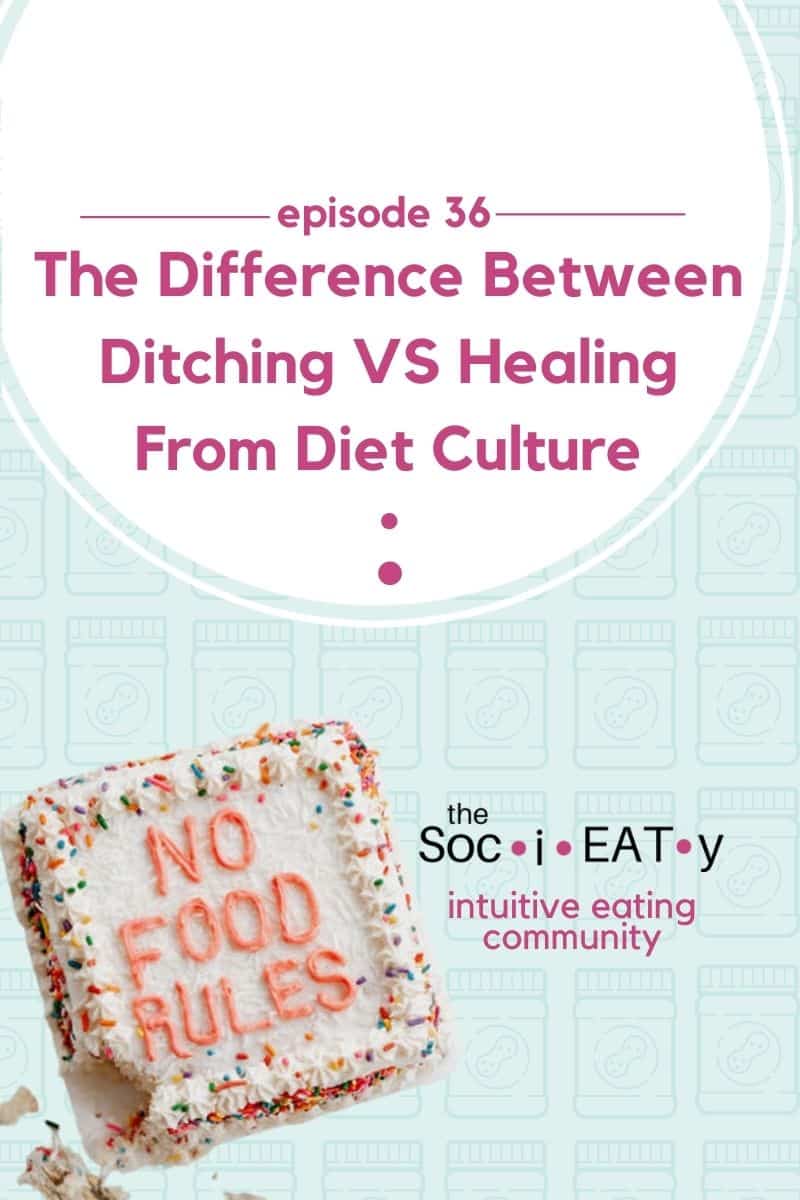
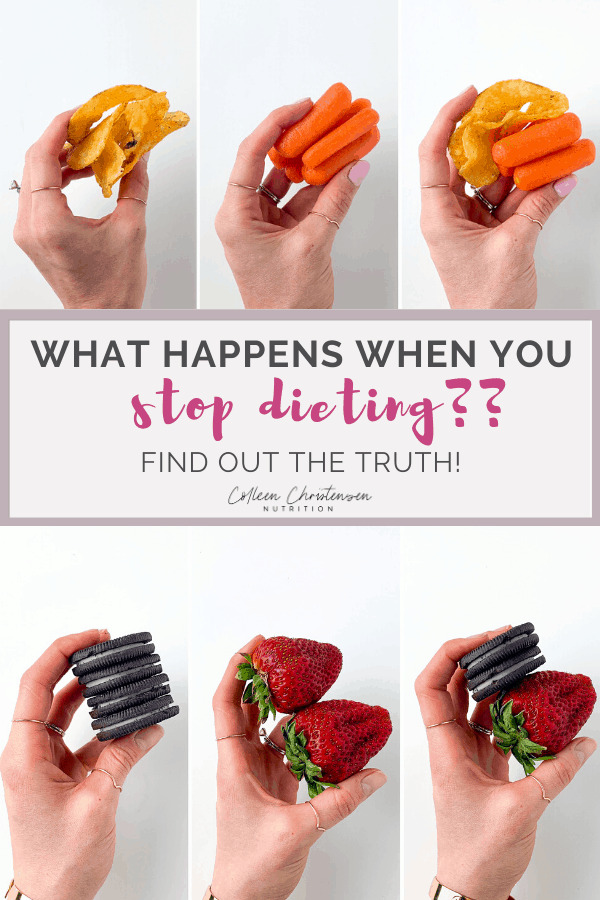
![When Intuitive Eating Takes Multiple Attempts [feat. Joanne Preston] featured](https://colleenchristensennutrition.com/wp-content/uploads/2021/08/When-Intuitive-Eating-Takes-Multiple-Attempts-feat.-Joanne-Preston-featured.jpg)
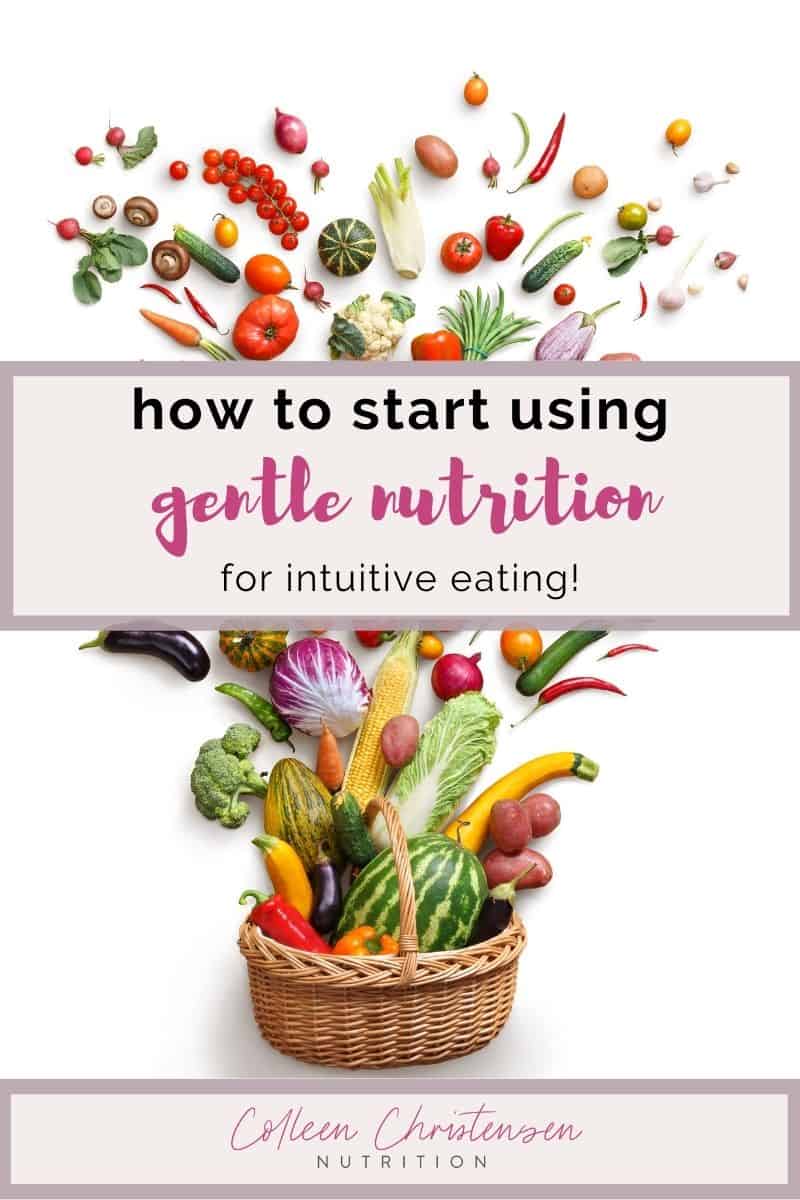

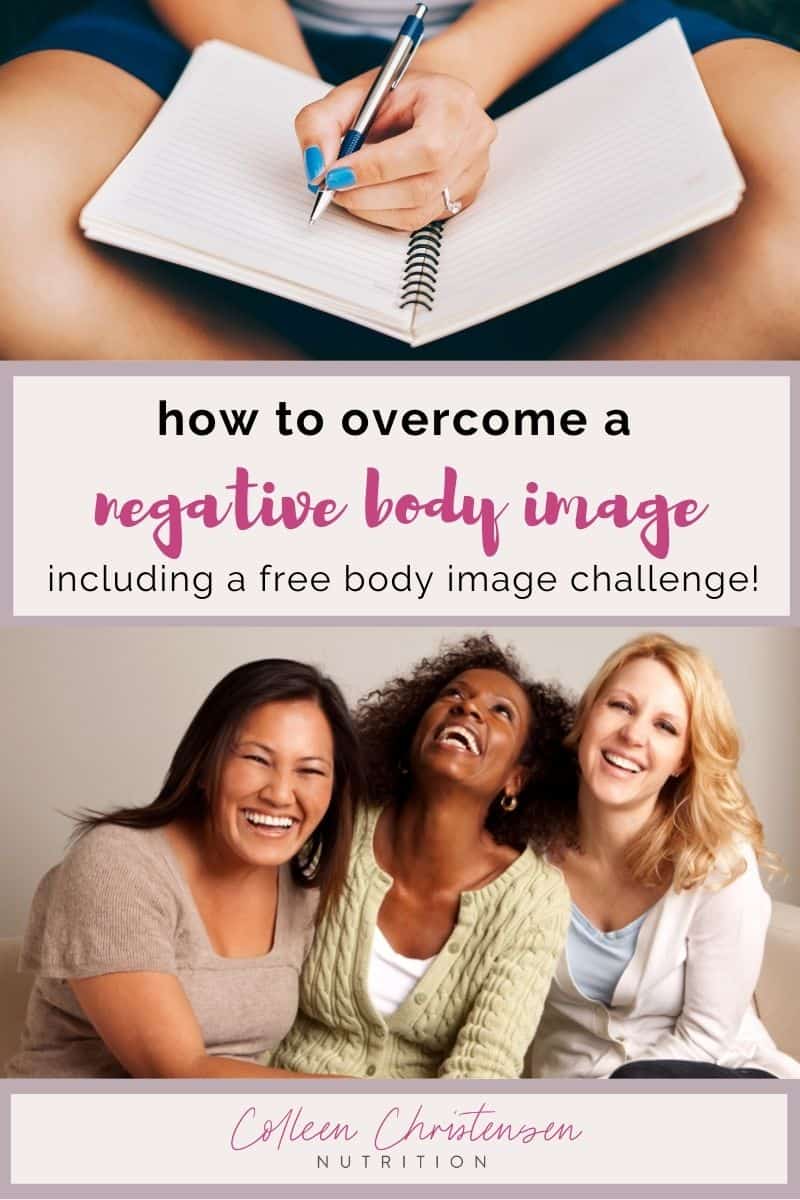
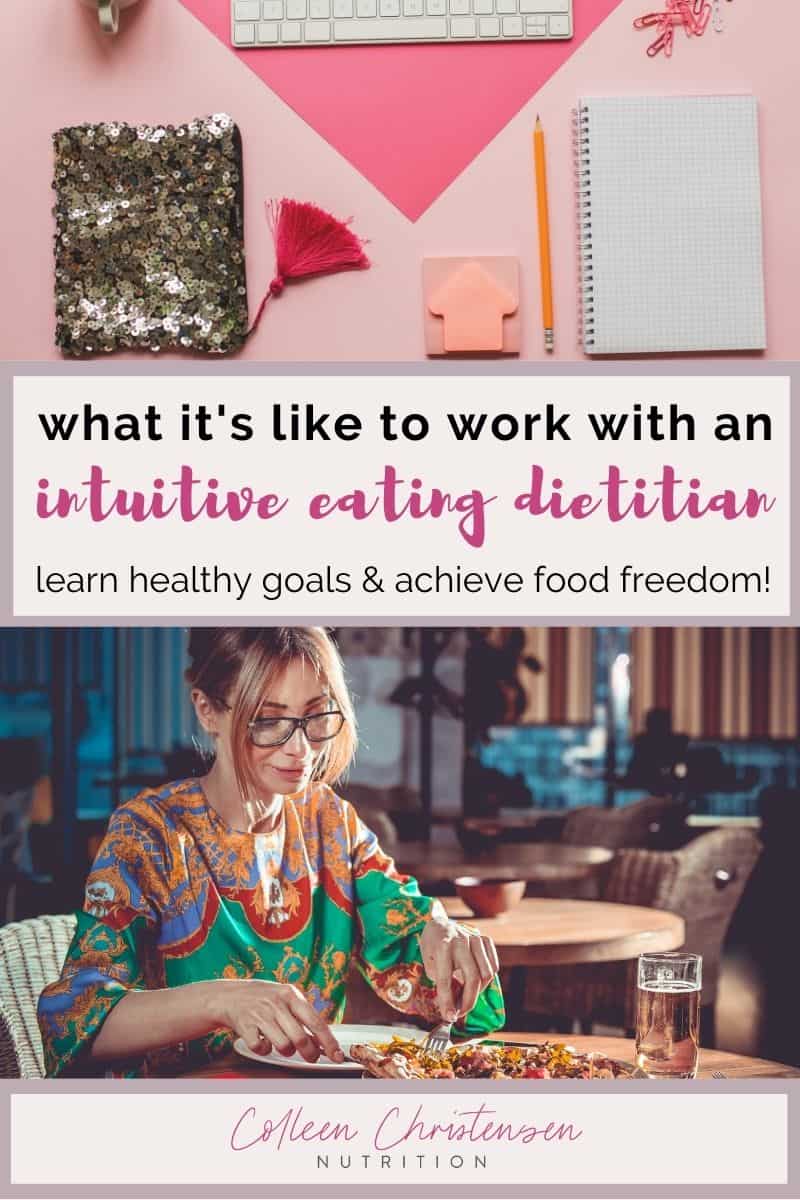

Leave a Reply